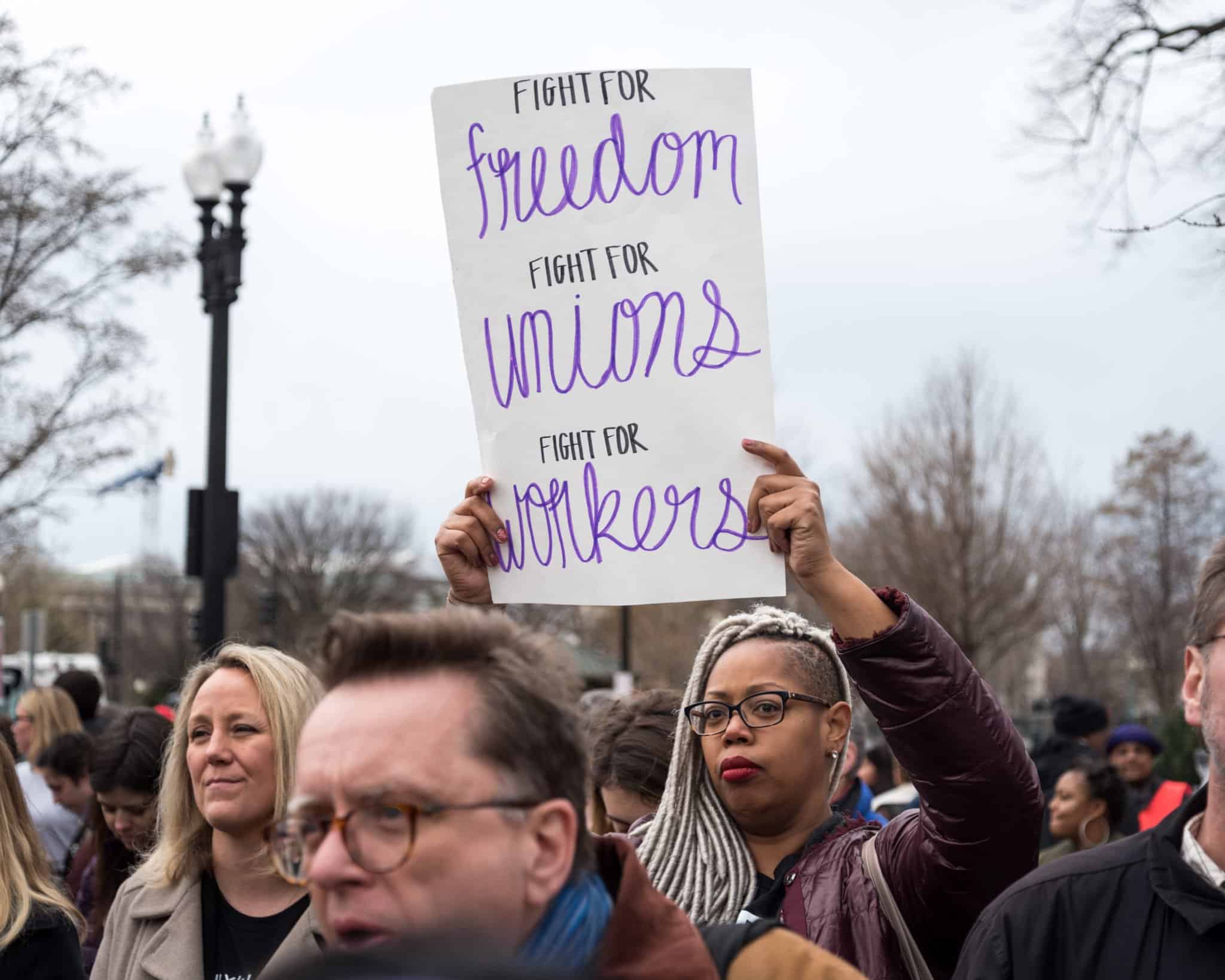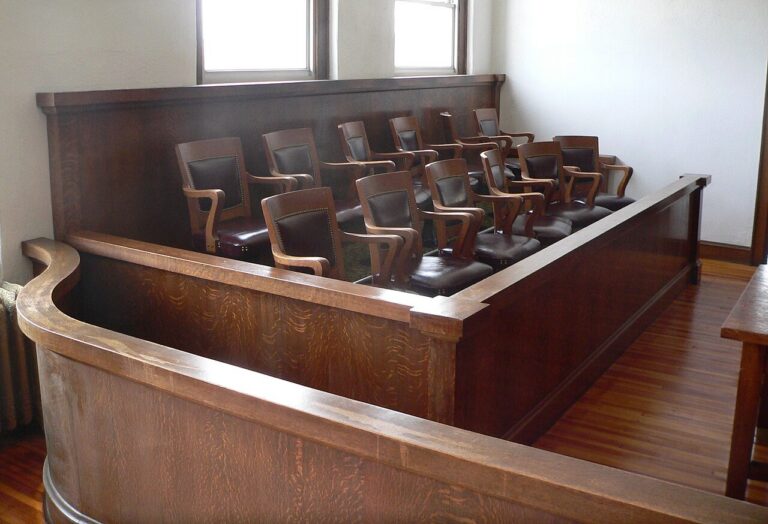
Benjamin Sachs is the Kestnbaum Professor of Labor and Industry at Harvard Law School and a leading expert in the field of labor law and labor relations. He is also faculty director of the Center for Labor and a Just Economy. Professor Sachs teaches courses in labor law, employment law, and law and social change, and his writing focuses on union organizing and unions in American politics. Prior to joining the Harvard faculty in 2008, Professor Sachs was the Joseph Goldstein Fellow at Yale Law School. From 2002-2006, he served as Assistant General Counsel of the Service Employees International Union (SEIU) in Washington, D.C. Professor Sachs graduated from Yale Law School in 1998, and served as a judicial law clerk to the Honorable Stephen Reinhardt of the United States Court of Appeals for the Ninth Circuit. His writing has appeared in the Harvard Law Review, the Yale Law Journal, the Columbia Law Review, the New York Times and elsewhere. Professor Sachs received the Yale Law School teaching award in 2007 and in 2013 received the Sacks-Freund Award for Teaching Excellence at Harvard Law School. He can be reached at [email protected].
Today the Supreme Court issued its opinion in Glacier Northwest. In an 8-1 holding (with two concurrences and a dissent by Justice Jackson), the Court decides that a concrete mixing company can sue a union in state court for tort damages allegedly incurred during a strike. Sharon will have an analysis of the decision on SCOTUSblog soon. Here, I want to make some very quick points. First, the opinion is written in a way that (in a sane judicial world) could only be interpreted as heavily fact specific and thus applicable only to a very narrow range of cases. That’s because the holding is based on the majority’s conclusion that the concrete strike involved “much more than” the foreseeable destruction of perishable products (as might happen in a run of the mill grocery strike, for example). Indeed, key to the Court’s holding is the conclusion that the strike here not only resulted in the destruction of a perishable product, but also “prompted the creation of the perishable product” that the strikers allegedly then didn’t take reasonable precautions to protect. How’s that? Well, according to the majority, the company doesn’t “batch” any wet concrete unless and until a driver shows up with a truck ready to transport that concrete. So, it was only because drivers showed up to work, apparently ready to deliver concrete, that Glacier batched concrete in the first place. Thus, only by “prompt[ing]” the employer to create a perishable product in the first place and then failing to take reasonable steps to protect the product did the strikers lose protection of the Act and the union become subject to a tort suit in state court. Going forward, the foreseeable destruction of perishable products should not be enough, standing alone, to allow a tort claim for strike-related damages under Glacier.
Two obvious caveats. How the courts define “prompt[ing] the creation of the perishable product” will be key to determining whether Glacier allows a tort claim to proceed. And, of course, many things many different types of workers do in relation to perishable products could be construed as prompting the creation of those products. But the Glacier opinion is clear that the “promp[ting]” requirement adds a great deal to the normal perishable products strike case. Again, the Court emphasizes that “[t]his case therefore involves much more than ‘a work stoppage at a time when the loss of perishable products is foreseeable.'” Second, and probably more important, the idea that this Court will respect the fact-specific nature of an anti-union opinion is naive. This Court has proven over and over again that it won’t be limited, in its anti-worker decisionmaking, even by decades-long strands of precedent. But much of the impact of Glacier will occur in lower courts and in state courts, where respect for the fact-specific constraints of judicial opinions sometimes still matters.










Daily News & Commentary
Start your day with our roundup of the latest labor developments. See all
March 4
The NLRB and Ex-Cell-O; top aides to Labor Secretary resign; attacks on the Federal Mediation and Conciliation Service
March 3
Texas dismantles contracting program for minorities; NextEra settles ERISA lawsuit; Chipotle beats an age discrimination suit.
March 2
Block lays off over 4,000 workers; H-1B fee data is revealed.
March 1
The NLRB officially rescinds the Biden-era standard for determining joint-employer status; the DOL proposes a rule that would rescind the Biden-era standard for determining independent contractor status; and Walmart pays $100 million for deceiving delivery drivers regarding wages and tips.
February 27
The Ninth Circuit allows Trump to dismantle certain government unions based on national security concerns; and the DOL set to focus enforcement on firms with “outsized market power.”
February 26
Workplace AI regulations proposed in Michigan; en banc D.C. Circuit hears oral argument in CFPB case; white police officers sue Philadelphia over DEI policy.